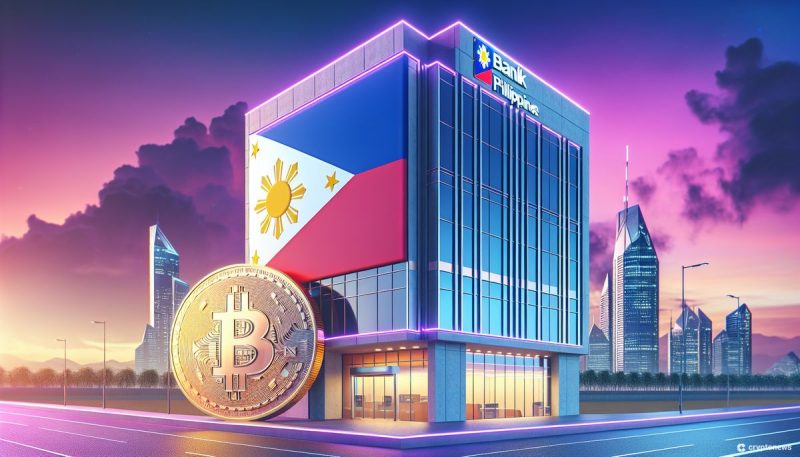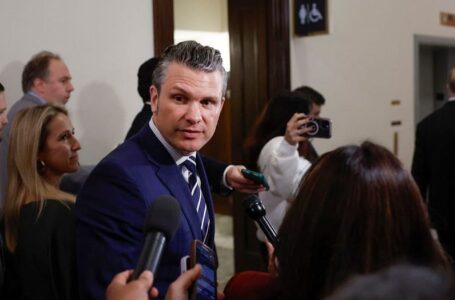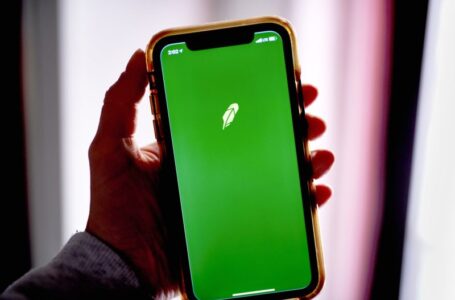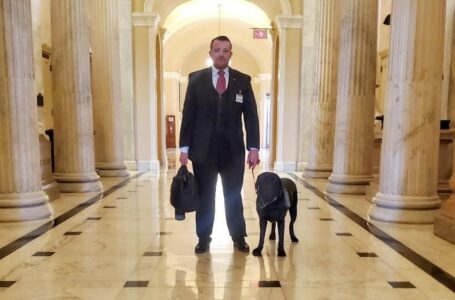Pedophiles could see death penalty under new House GOP bill: ‘Taken off the streets permanently’
Philippine Central Banker Unveils Project Agila: A Leap into wCBDC Pilot


The central bank of the Philippines (BSP) aims to complete a CBDC pilot by the end of the year, according to a local press report.
Central bank Deputy Governor for Payments and Currency Management Mamerto Tangonan told a press briefing Wednesday: “For CBDC… our timeline for that is to complete the pilot this year, towards the end of this year.”
He called the pilot a “learning exercise […] to assess whether this technology is what, itself, claims to be.” He added: “So we are piloting it, testing it with the six other domestic financial institutions.”
The six financial institutions involved are BDO Unibank Inc., China Banking Corp., Land Bank of the Philippines, Rizal Commercial Banking Corporation, Union Bank of the Philippines, and Maya Philippines Inc.
“We are using it to transfer funds among these financial institutions,” he explained. “But we also like to see if this wholesale CBDC can be used for higher value-adding services like securities settlement.”
He then gave a compelling vision of a Philippines with more democratized access to securities and similar investment instruments, “meaning they could be purchased for smaller issue sizes and much much lower fees so that any Juan or Maria cannot only dream but actually own securities.”
The Philippines in Recent Crypto News
In February, the BSP Governor Eli Remolona in an interview disclosed details about the Philippino CBDC project. He said it would not be on a blockchain but on a private payment and settlement system owned by the bank.
Remelona also revealed that it would be a wholesale CBDC (wCBDC), meaning that it would not be available to retail anywhere else than through banks, the licensed intermediaries, for use in wholesale transactions. He added that the idea is to build a system where the CBDC complements cash.
Remolona listed potential issues with retail CBDCs as disintermediation, bank runs during financial stress, and magnifying the central bank’s footprint.
Just yesterday, the Philippine National Telecommunications Commission (NTC) began blocking unlicensed crypto platforms in the country in line with a directive issued by the Securities and Exchange Commission.
For now, Binance remains accessible, although SEC Chairman Emilio Aquino said the Commission will eventually block Binance after the regulator has managed an internal “transition”. An official statement from the Commission itself said it needed more time to analyze the ramifications of blocking Binance and prepare accordingly.
Broadly speaking, the Philippines is grappling with crypto cautiously. As with other countries, the technological convenience of crypto is what’s really winning regulators and lawmakers over.
Last year, the country’s Bureau of the Treasury announced plans to issue at least 10 billion pesos (approximately $180 million) worth of one-year tokenized Treasury bonds on a blockchain system.
The post Philippine Central Banker Unveils Project Agila: A Leap into wCBDC Pilot appeared first on Cryptonews.











